The debut of the limited-time Overwatch Classic mode in Season 13 of Overwatch 2 has sparked significant excitement, particularly due to its nostalgic roots. Future Overwatch Classic events will take players on a journey through the game’s history, as developers have confirmed plans to revisit iconic eras like the 2017 Moth Meta, Goats, and triple tank compositions. However, while the event has garnered quite a bit of attention, it also spotlights several ways the sequel has improved upon the original.
Through the return to Patch 1.0, Overwatch Classic serves as a comparison point, showcasing the advances made in gameplay balance, visual design, and UI that have become hallmarks of Overwatch 2. For some, these differences can make the earlier version seem dated in comparison. The contrast highlights how far the game has come in refining its mechanics and overall player experience, despite the challenges the sequel has faced since its launch in 2022.
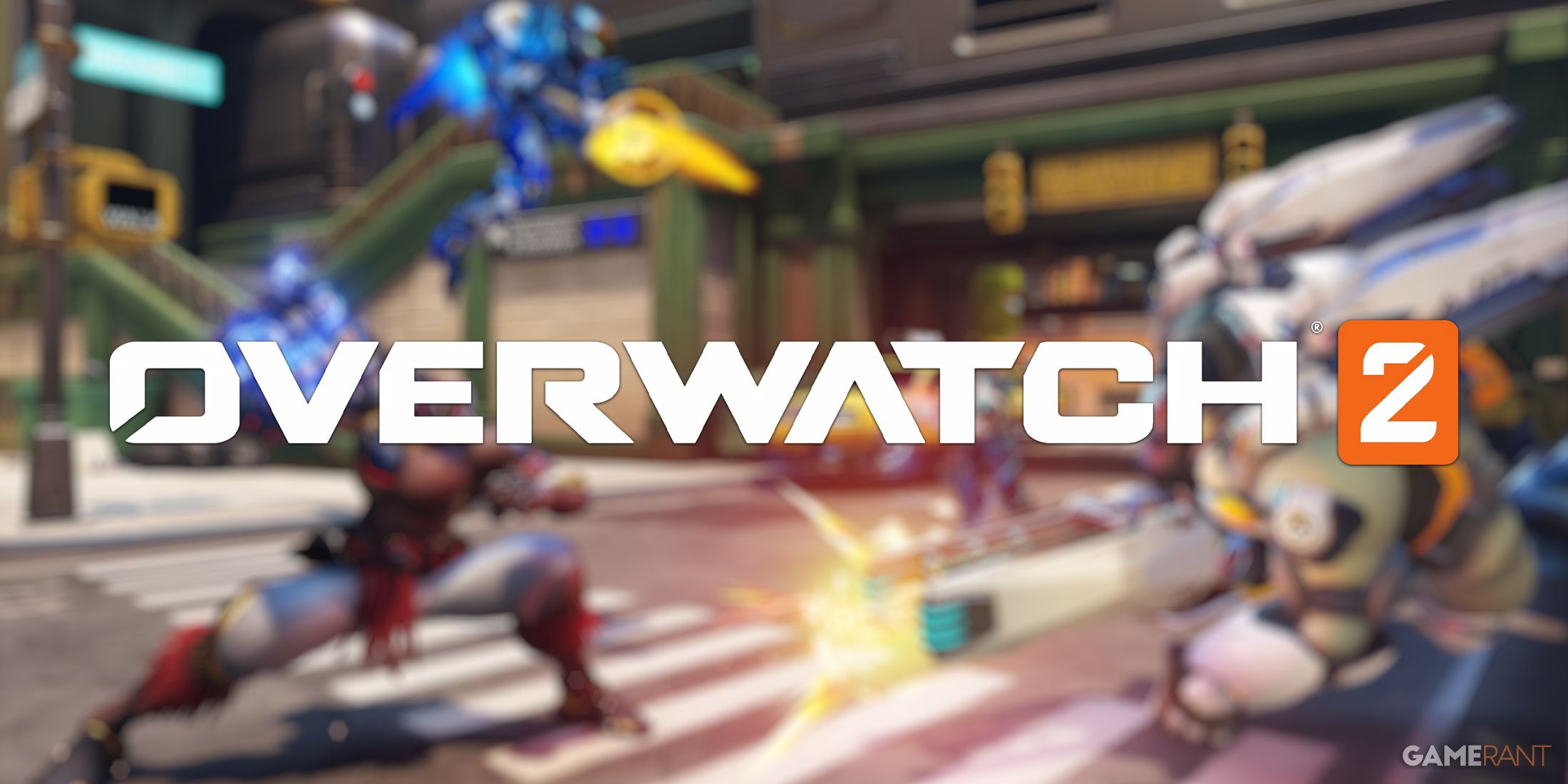
Related
Overwatch 2’s 5v5 Format Will Likely Be Put Through its Paces in December
Overwatch 2’s 6v6 tests are going live this December, and its level of success could determine the fate of the game’s current 5v5 format.
Overwatch Classic Highlights How Far the Franchise Has Come
The Best Parts of Overwatch 2 Are Represented Through the Lens of Overwatch Classic
Without Role Queue, Overwatch Classic may remind players of the frantic, often unbalanced matchups that were common in 2016. Though playing compositions such as six Winston’s could be fun, it had obvious pitfalls. At times, the lack of structure in the original Overwatch slowed the game’s pace and led to frustratingly one-sided matches, where teams could be easily overwhelmed. Lucio’s original wall-riding ability, along with Mercy’s limited mobility and Cassidy’s inability to roll midair, were elements that felt more restrictive compared to the smoother, more dynamic gameplay in Overwatch 2. Some players have shared similar thoughts, noting that playing heroes in Overwatch Classic, before their mobility adjustments, has made them appreciate the quality-of-life changes even more.
“Without Role Queue,
Overwatch
Classic may remind players of the frantic, often unbalanced matchups that were common in 2016.”
Notably, Role Queue, with separate queues and Skill Rating (SR), wasn’t introduced until July 2019. Although Single Hero Limits will be added to Overwatch Classic on November 18, this is just one step toward recreating the original balance process. Before Role Queue, it was common to see oppressive compositions with triple tank and triple support, with the Goats meta being a popular example.
Similarly, the Limited Time Mode includes 12 of the original maps from the hero-shooter’s launch, including Assault maps like Temple of Anubis, Hanamura, and Volskaya Industries. Overwatch’s often controversial Assault mode, or 2CP, could feel heavily unbalanced at times, as the second objective was notoriously difficult to capture due to the proximity of the enemy spawn. Although newer modes like Push and Clash have their critiques, Assault was ultimately removed due to its persistent design flaws. While it’s nice to revisit visually stunning maps like Hanamura, the memories of the challenges faced by the attacking team may also resurface.
Assault mode was removed at the launch of
Overwatch 2
, though maps like Paris and Horizon Lunar Colony were taken out of the Competitive map pool in the original game, due to balancing issues.
Furthermore, certain abilities, like Roadhog’s original hook, Hanzo’s Scatter Arrow, and Mercy’s old mass resurrection ultimate, were once able to turn the tide of matches in ways that feel almost absurd by today’s standards. Hanzo’s Scatter Arrow is drawing significant attention for its heavily RNG-based projectiles that ricochet off surfaces, while Mercy’s ability to revive multiple teammates is sparking debate once more over whether Mercy players should avoid team fights to go for a big play. Similarly, the change to Torbjorn’s turret no longer requiring upgrades and Symmetra’s shift to a damage role align more closely with the game’s playstyle.
Overwatch 2 Should Be Recognized for Its Achievements
Overall, despite early challenges like the Sojourn, Mauga, and D.Va metas, as well as controversies over canceled PvE content and the shift away from loot boxes, Overwatch 2 has developed into a faster-paced and more balanced experience. The sequel’s enhanced UI, gameplay mechanics, and role-based structure offer a fairer and more streamlined environment overall. In contrast, Overwatch Classic is a chaotic yet nostalgic throwback to the thrilling, innovative, but often unbalanced 2016 Game of the Year. This comparison ultimately highlights Overwatch 2’s strengths and shows how much both Team 4 and the game have advanced, both in design and in delivering a more polished experience.
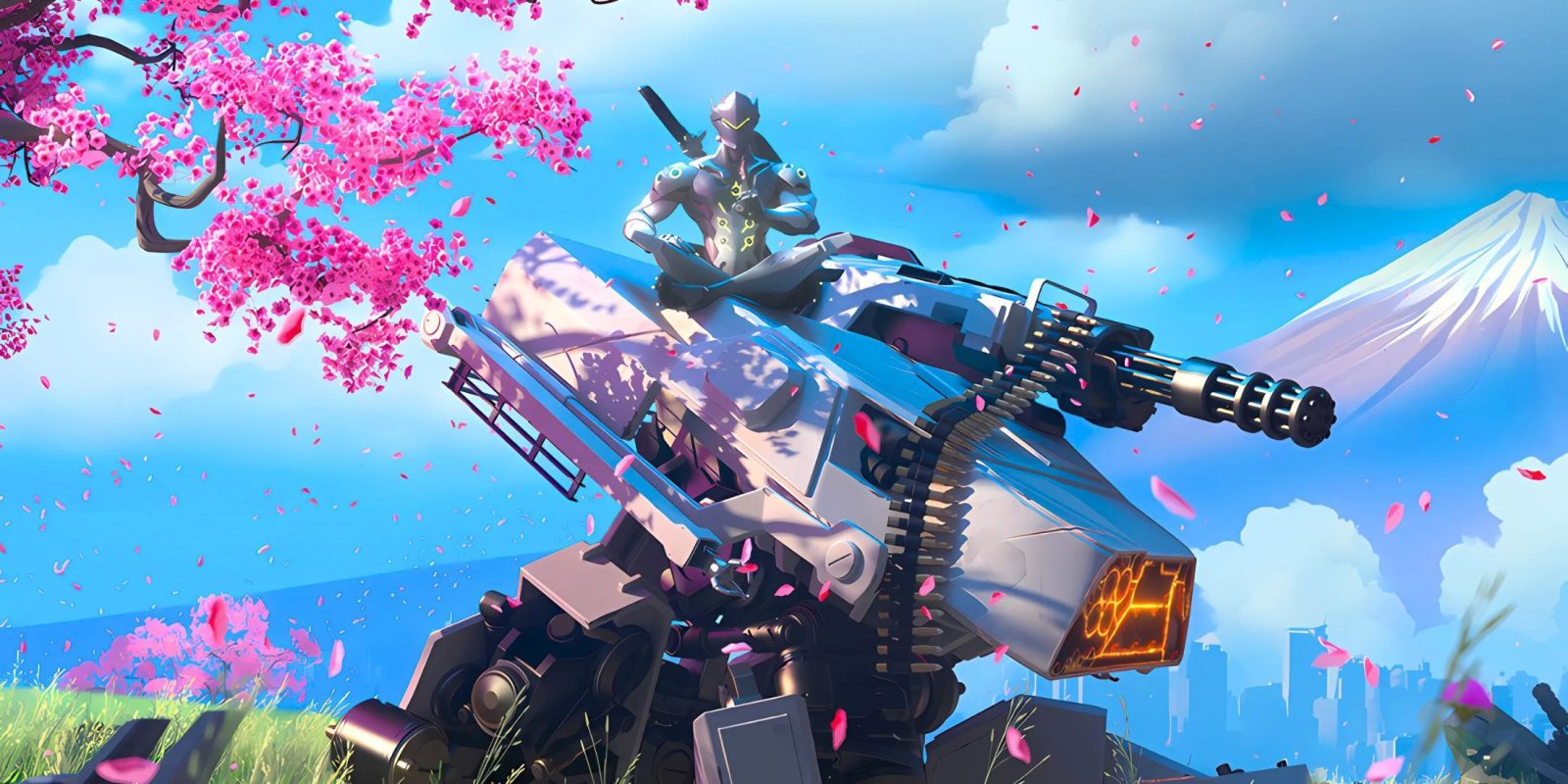

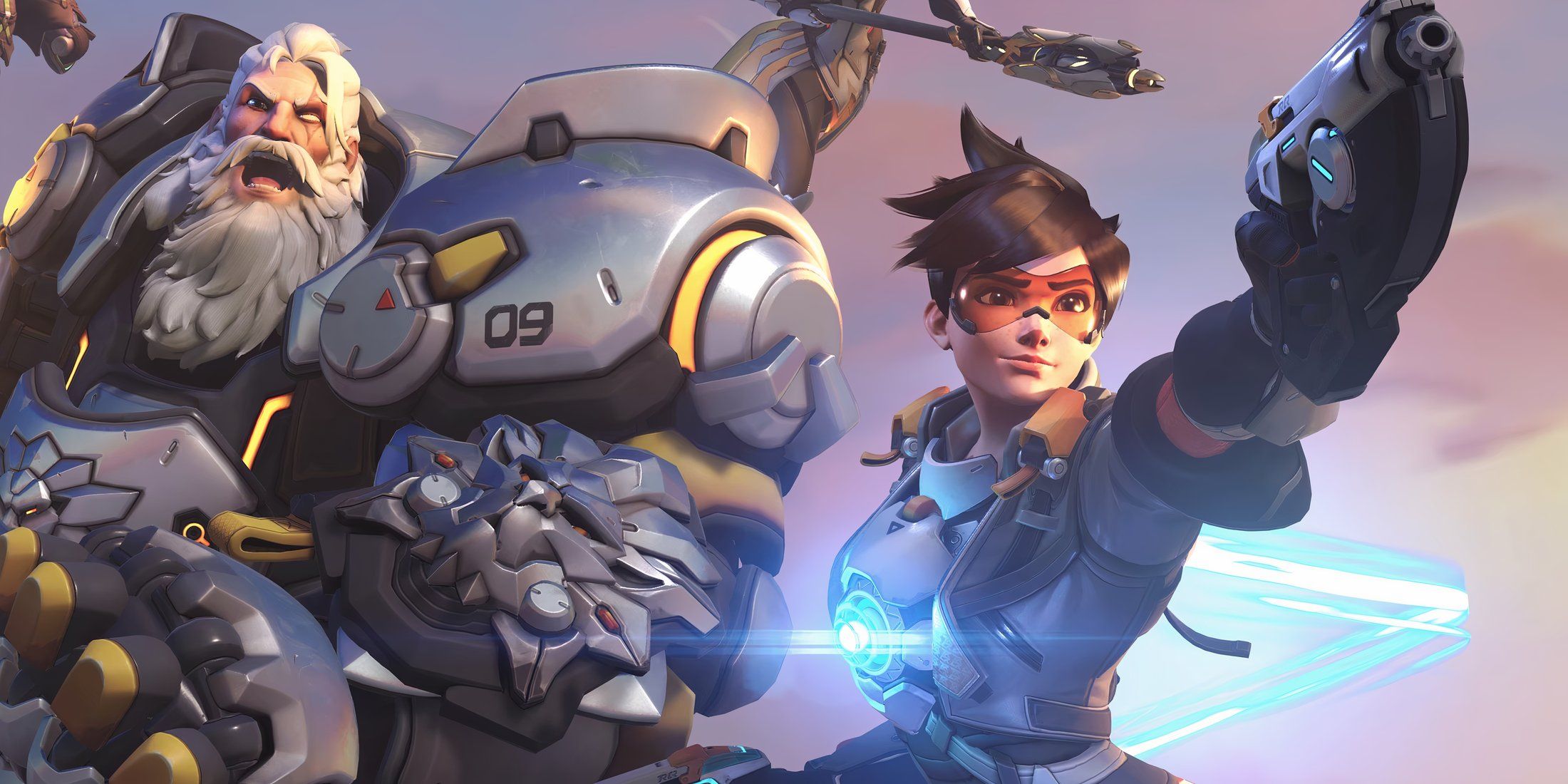
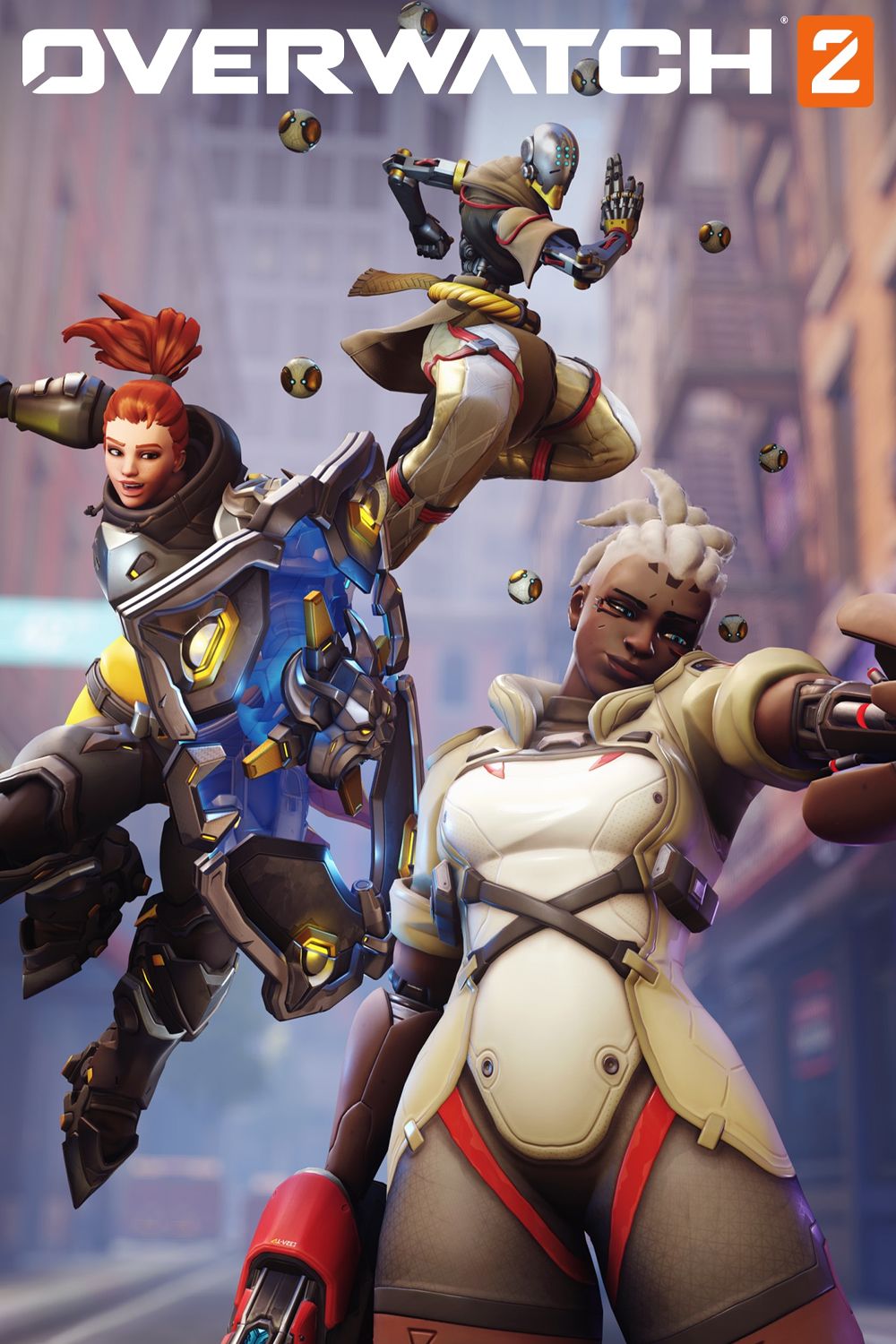
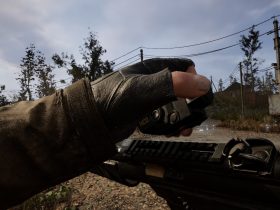


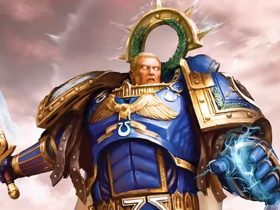
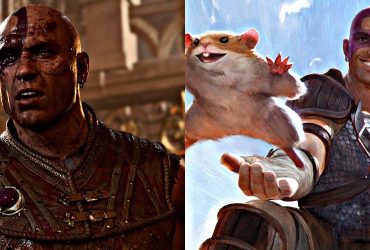
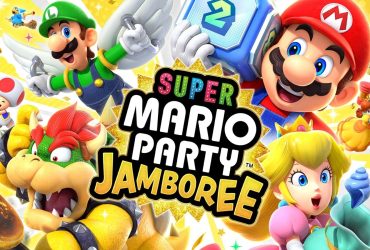
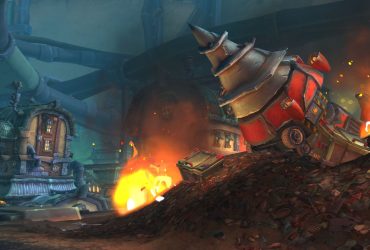



Leave a Reply